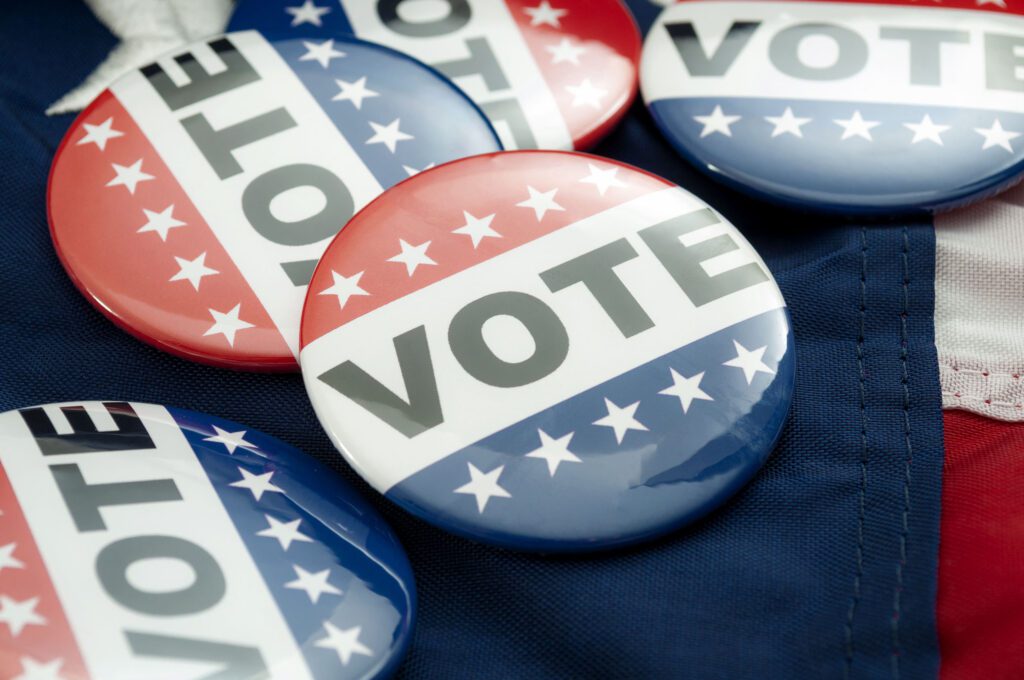1. Primary Election Results
Primary Day for local government elections was on Tuesday, June 24. CSEA’s endorsed candidates fared well, including:
- Malik Evans, who won the Democratic primary in the Rochester Mayor’s race.
- Brad Hoylman-Sigal, who won the Democratic primary in the Manhattan Borough President race.
- Jenn Puja, who won the Democratic primary in Westchester’s 5th Legislative District.
The results of several other important races have been announced, including:
- Zohran Mamdani, who won the Democratic primary in the NYC Mayor’s race.
- Sean Ryan, who won the Democratic Primary in the Buffalo Mayor’s race.
- Dorcey Applyrs, who won the Democratic Primary in the Albany Mayor’s race.
You can see how all of CSEA’s endorsed candidates fared at cseany.org/vote.
2. Federal Budget Update
The U.S. Senate remains committed to voting on their version of the budget reconciliation bill by July 4. This week, the Senate Parliamentarian, who is responsible for enforcing Senate rules surrounding reconciliation, struck down several of the provisions in the proposal. The U.S. Senate will need to rewrite these provisions, abandon them, or override the ruling of the parliamentarian in order to pass the package.
CSEA is continuing to fight back against this budget. You can join the fight by becoming a federal advocate, here.
3. Federal Judge Blocks Order on Collective Bargaining
This week, a federal judge temporarily blocked 21 federal agencies from enforcing an executive order that barred collective bargaining for about one million federal employees. The executive order, signed in March, bars unions from representing employees at agencies that primarily focus on national defense, foreign relations, cybersecurity, border security and public safety. The administration justified the executive order, claiming that “hostile federal unions have declared war on President Trump’s agenda.” The American Federation of Government Employees (AFGE), a union representing about 750,000 government, brought the suit.
4. Fourth of July
Happy Fourth of July! On this holiday, we celebrate the spirit of independence and the enduring promise of our democracy. It’s a chance to come together with family, friends, and neighbors to enjoy the traditions that make this day special, from parades and picnics to fireworks lighting up the sky. Wishing you a safe and happy fourth!
5. Next Week
For the remainder of the summer, “This Week in Albany” will be published every two weeks. The next edition will be in your inbox on July 11.
6. CSEA Legislative Toolkit We’re encouraging members to get the word out about our legislative successes. Click the icons below for informational documents that you can print, share, and post on social media to spread the news. You can also check out our summary of the 2025-2026 New York State Budget.
